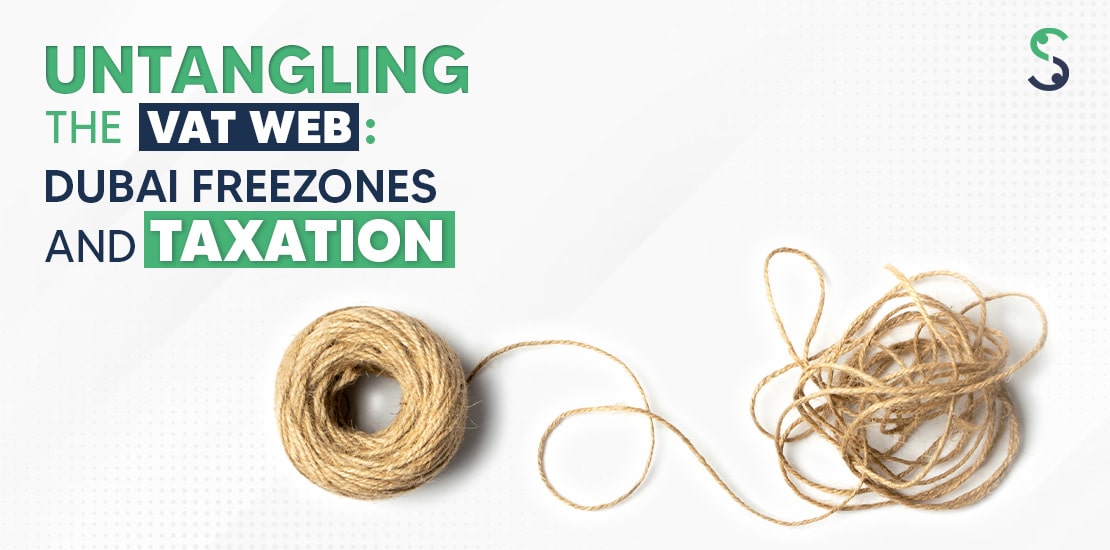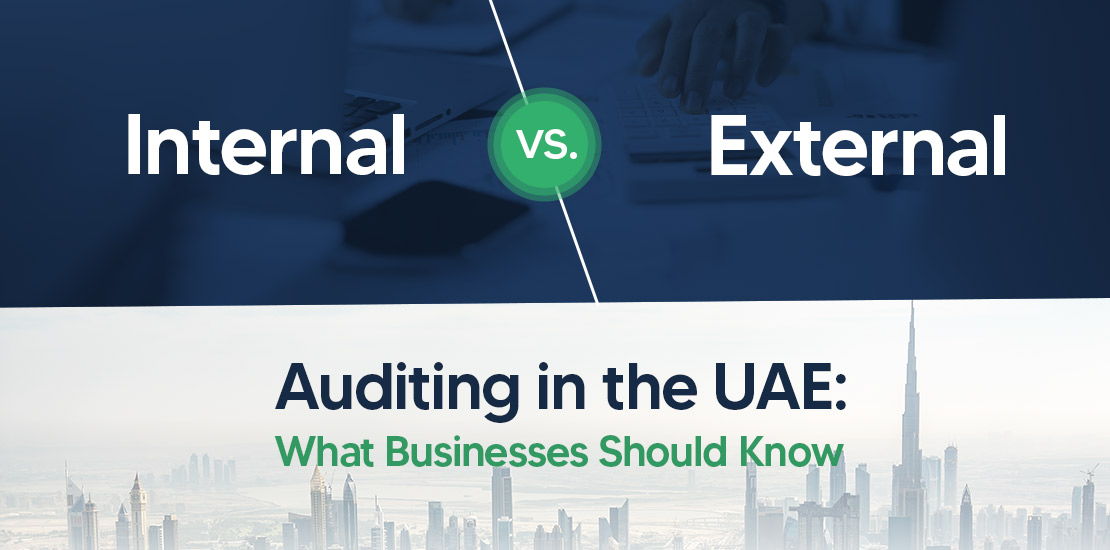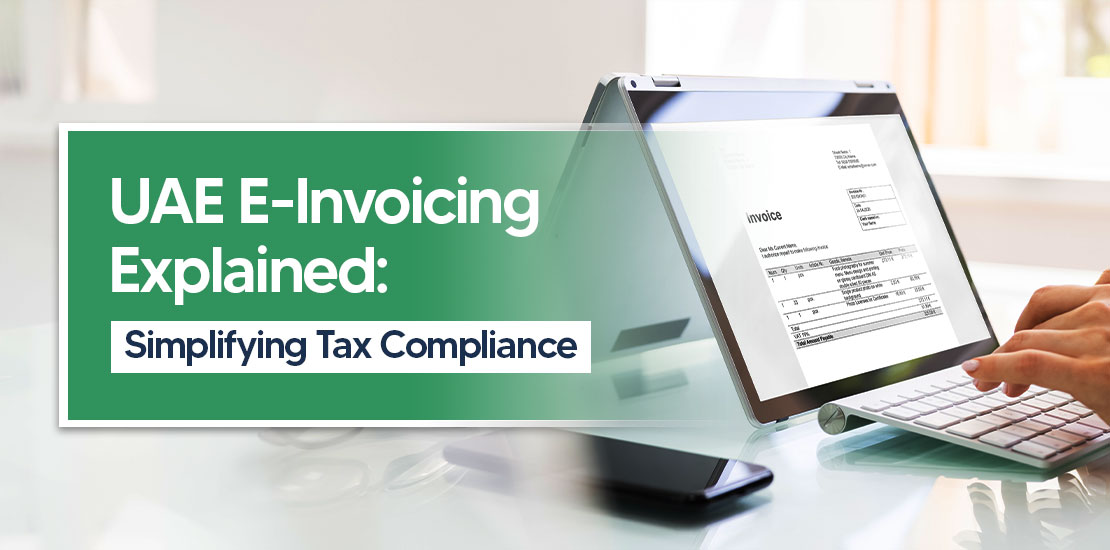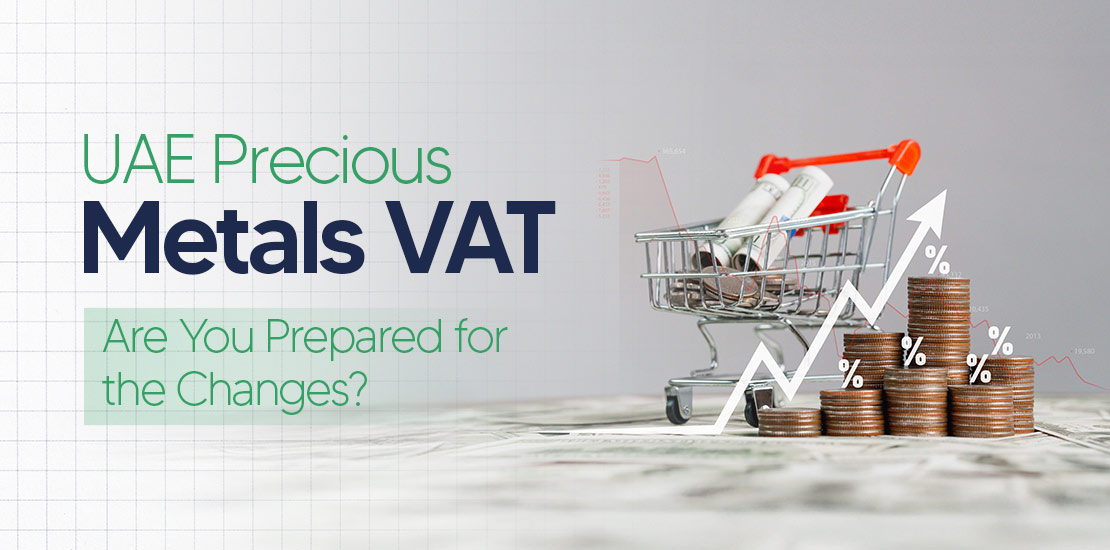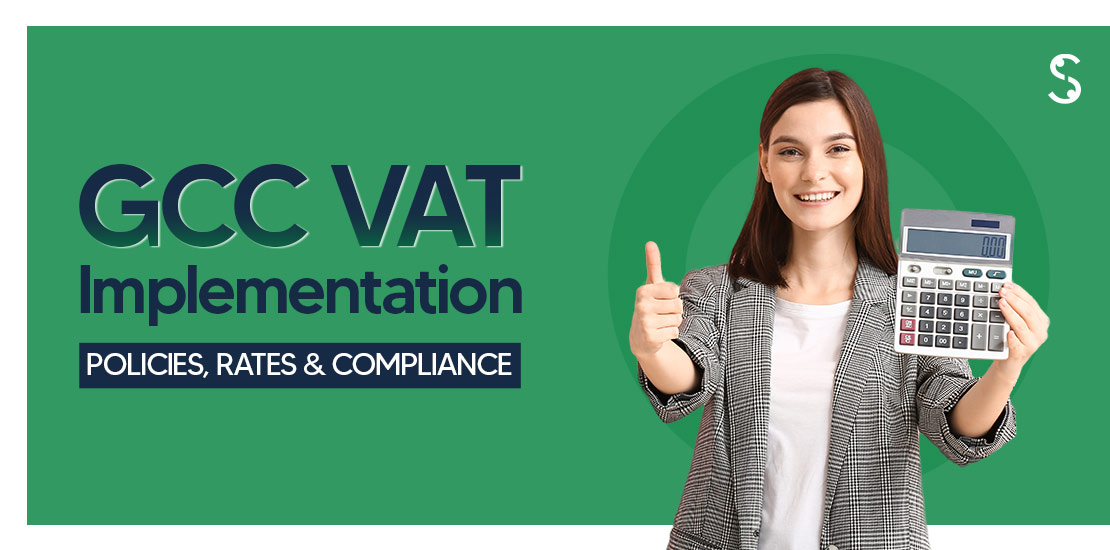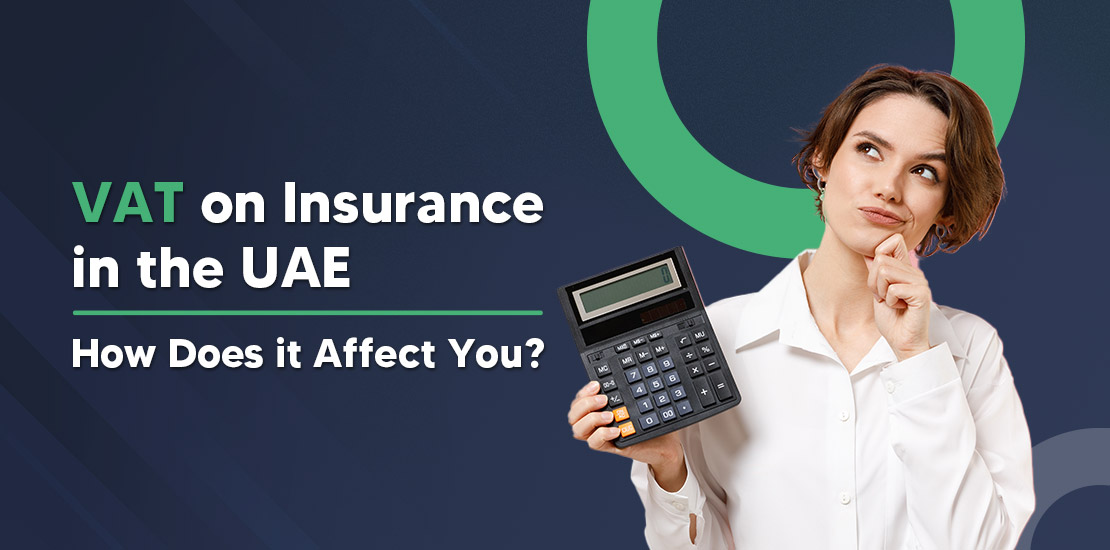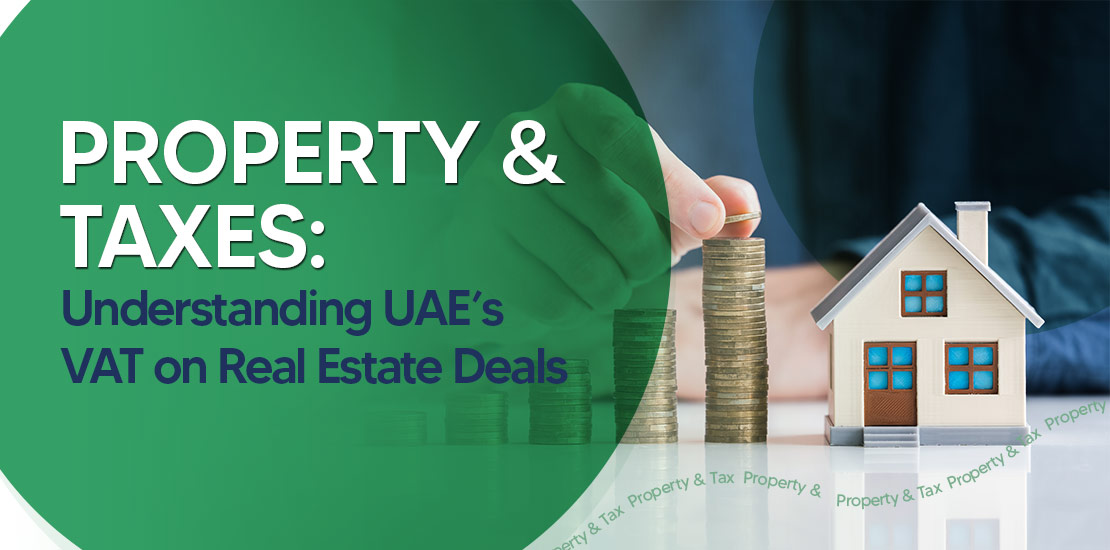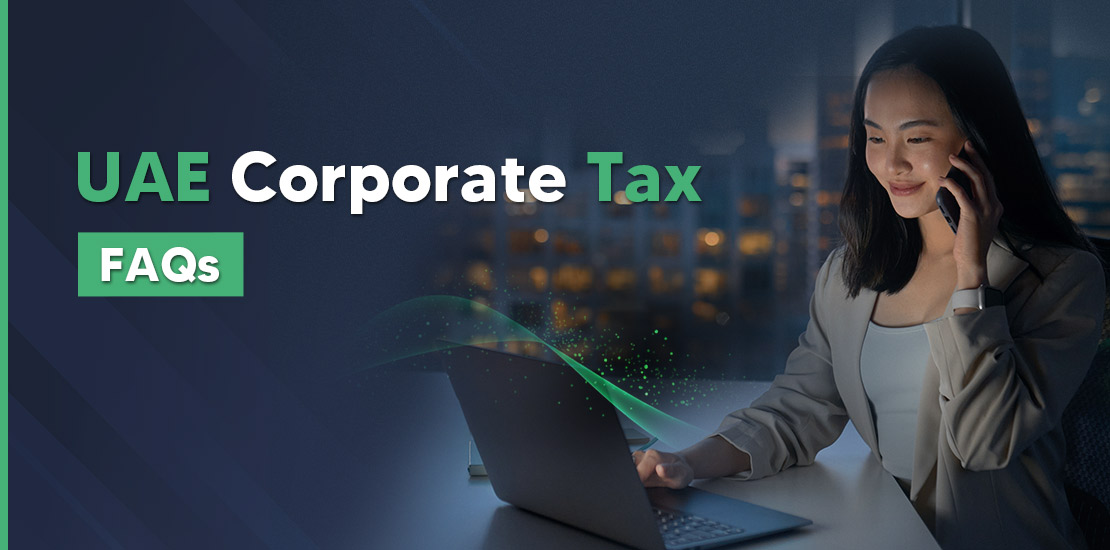Table of Contents
- Is there VAT for Freezone Companies in the UAE?
- Distinction Between Designated Zones and Non-Designated Zones
- VAT Treatment in the UAE Free Zones
- Specific VAT Treatments for Goods and Services within Free Zones
- How to Register for VAT in UAE Free Zone?
- What happens if a company does not register for VAT?
- VAT Registration in Freezone with Shuraa Tax
- Frequently Asked Questions
Value Added Tax (VAT) has become an important part of running a business in the UAE since it was introduced in January 2018. With a standard rate of 5%, VAT applies to many goods and services, meaning businesses need to be aware of the rules and how to comply with them. One of the unique features of the UAE is its free zones.
Free Zone is a term for free trade zones that encourage foreign ownership of businesses. Businesses in Free Zones must follow the rules set by the Free Zone Authority to do business in this area. Under UAE law, certain Free zones are known as “designated zones.” According to Article 51 of the Executive Regulations, the following meet the description of marked zones:
- A particular geographic region that is enclosed and secured.
- Security measures and customs rules are in place to keep track of who comes and goes and what moves in and out of the area.
- It has internal rules about how things should be kept, stored, and worked on in the area.
- The person in charge of the Designated Zone must follow the rules set by the FZ Authority.
Therefore, any Free zone that satisfies the requirements and is listed on the cabinet’s list will be considered a Designated zone. Some of the famous free zones include IFZA, JAFZA, DIFC, and RAKEZ.
While free zones provide great opportunities, they also have specific VAT rules that businesses need to understand, especially regarding VAT for free zone companies in UAE. For example, knowing the difference between designated and non-designated zones, what qualifies for zero-rated supplies, and the steps for VAT compliance can all affect a company’s finances. That’s why it’s essential for businesses operating in Dubai’s free zones to get a clear grasp of VAT implications.
Is there VAT for Freezone Companies in the UAE?
Yes, VAT can apply to Free Zone companies in the UAE, but it depends on several factors. Some people think that only limited companies can sign up for VAT in the UAE. Any business that meets the minimum requirement for VAT registration in the UAE must go through the FTA’s VAT registration process. A free zone company in the UAE can register independently if it makes between AED 187,500 and AED 375,000.
For free zone companies, understanding whether they reach this threshold is crucial, as it determines their VAT registration requirements. If they exceed the threshold, they must comply with all VAT obligations, including charging VAT on their taxable supplies and filing regular VAT returns. This is an important aspect of VAT registration for free zone companies in UAE.
Distinction Between Designated Zones and Non-Designated Zones
One of the key concepts in VAT for free zone companies is the distinction between designated zones and non-designated zones.
Designated Zones
Designated free zones in the UAE are specific free zones that have been designated by the Federal Tax Authority (FTA) as being outside the territorial scope of the UAE for VAT purposes. This means that goods and services supplied within these zones are generally exempt from VAT.
However, there are some exceptions:
- Supply of Services to Mainland Businesses: If a free zone company supplies services to a mainland business, VAT is applicable at a standard rate of 5%.
- Supply of Goods or Services to Non-Business Consumers: If a free zone company supplies goods or services to non-business consumers within the zone, VAT may be applicable.
Non-Designated Zones
On the other hand, non-designated zones do not enjoy the same VAT benefits as designated zones. Businesses operating in these areas are subject to the standard VAT rates. Therefore, it’s important for companies to know which category their free zone falls into to understand their VAT obligations better.
VAT Treatment in the UAE Free Zones
The standard VAT rate in the UAE Free Zone is set at 5%. This rate applies to most goods and services that do not qualify for any exemptions or special treatment. However, there are also zero-rates supplies and tax-exempt supplies.
Tax-Exempt VAT
Tax-exempt supplies are goods and services that are not subject to VAT. This means that businesses do not charge VAT on these supplies, and they also cannot claim any input tax credits on related purchases. Examples of tax-exempt supplies include certain healthcare and educational services.
Zero-Rated VAT
Zero-rated VAT means that the VAT rate charged on a good or service is 0%. Businesses can still recover the VAT incurred on their purchases related to these supplies. This treatment often applies to exports and specific goods and services that meet certain criteria. In designated free zones in the UAE, goods that are moved outside the zone may also qualify for zero-rated VAT.
Specific VAT Treatments for Goods and Services within Free Zones
The VAT treatment of goods and services in free zones can vary, with several important considerations:
Import and Export
In designated zones, imported goods can be stored without VAT until they are moved outside the zone. This can significantly reduce the cash flow burden for businesses. Exports from these zones are typically zero-rated, allowing companies to sell goods to international customers without adding VAT.
Services
When it comes to services, VAT may apply depending on the nature of the service and where it is supplied. For instance, services provided within a designated zone may not incur VAT, while services supplied to customers outside the zone might be subject to VAT.
VAT Refunds
Free zone companies may also be eligible for VAT refunds on certain expenses incurred within the zone. This can provide a financial advantage and enhance cash flow management.
How to Register for VAT in UAE Free Zone?
While most free zones in the UAE are designated zones, exempting them from VAT, some may require VAT registration depending on their specific activities and the nature of their supplies. Here’s a general process on how to register for VAT in a UAE Free Zone:
1. Determine VAT Registration Requirement
Not all free zones are designated. Designated zones are generally exempt from VAT. However, if you supply goods or services to non-business consumers within the zone or to entities outside the zone, you may need to register.
Companies in non-designated zones are subject to VAT and must register if they meet the standard VAT registration threshold i.e. AED 375,000 per year. However, businesses below this threshold can still register voluntarily if they choose.
2. Prepare Required Documents
Gather the necessary documents before beginning the registration process. Commonly required documents include:
- Trade license of the free zone company
- Copy of the owner’s passport or identification
- Proof of business address in the free zone
- Bank account details
- Financial statements (if applicable)
- Information about taxable supplies and imports
3. Access the Federal Tax Authority (FTA) Website
Visit the official website of the Federal Tax Authority (FTA) of the UAE. This is the government body responsible for managing tax matters, including VAT registration.
4. Create an Account on the FTA Portal
If you do not already have an account, you will need to create one on the FTA portal. Click on the registration section and follow the instructions to set up your account. You’ll need to provide your email address and set a password for your account.
5. Complete the VAT Registration Application
Once logged in, navigate to the VAT registration section and fill out the application form. You’ll need to provide details about your business, including:
- Business activities
- Estimated annual turnover
- Details about your free zone
Ensure all information is accurate and complete, as any discrepancies can delay the registration process.
6. Submit the Application
After filling out the application form, review all the information and submit it through the FTA portal.
7. Review and Approval
The FTA will review your application. If they require any additional information or documentation, they will contact you. Upon approval, you will receive a Tax Registration Number (TRN).
What happens if a company does not register for VAT?
If a company that works in and out of a free zone in the UAE doesn’t register for VAT in time though required as per law, the FTA will register the business from the date it should have been registered for VAT.
So, Businesses failing to comply with VAT registration rules will receive fines and must retroactively apply the correct VAT rate to all past sales. If your yearly sales hit the threshold, you can hire a licenced tax agent in the UAE to help you. This is very important if you don’t know when your business needs to be registered or if it has already reached the required size.
VAT Registration in Freezone with Shuraa Tax
Understanding VAT for free zone companies in UAE is essential for businesses operating in these areas. Whether you’re in a designated or non-designated zone, knowing the VAT rules helps you stay compliant, avoid fines, and make informed financial choices. Since VAT regulations can be tricky, it’s smart to get professional guidance to ensure your business follows all the rules.
Shuraa Business Setup not only help business owners set up their companies in mainland, free zone, and overseas areas, but we also help you get our in-house finance teams ready for accounts reporting, auditing, UAE tax support like VAT, Corporate tax, Excise Tax, Tax Residency Certification.
Our qualified tax team of advisors and UAE tax agents assist businesses to be UAE tax compliant and to have effective documentation which is required by UAE authority. Contact us today at +971508912062 or info@shuraatax.com to make the process simple and hassle-free.
Frequently Asked Questions
1. What is VAT for freezone companies in UAE?
VAT for freezone companies in the UAE is the value-added tax that businesses operating in free zones must comply with, depending on whether they are in a designated or non-designated zone. The standard VAT rate in the UAE is 5%, but designated zones enjoy special VAT treatment, such as exemptions or zero-rated supplies for certain transactions.
2. What are Designated Free Zones in UAE?
Designated free zones are specific free zones that have been designated by the Federal Tax Authority (FTA) as being outside the territorial scope of the UAE for VAT purposes. This means that goods and services supplied within these zones are generally exempt from VAT.
3. Do freezone companies need to register for VAT in the UAE?
Yes, freezone companies must register for VAT if their taxable supplies and imports exceed AED 375,000 per year. Even if they don’t meet this threshold, companies can voluntarily register for VAT to benefit from input tax recovery on their purchases.
4. How does VAT impact goods moving in and out of free zones?
In designated free zones in UAE, goods moving in and out of these areas can be VAT-free, particularly when they are exported outside the UAE. However, if goods are transferred into the UAE mainland from a designated zone, VAT will be charged at the standard rate.



